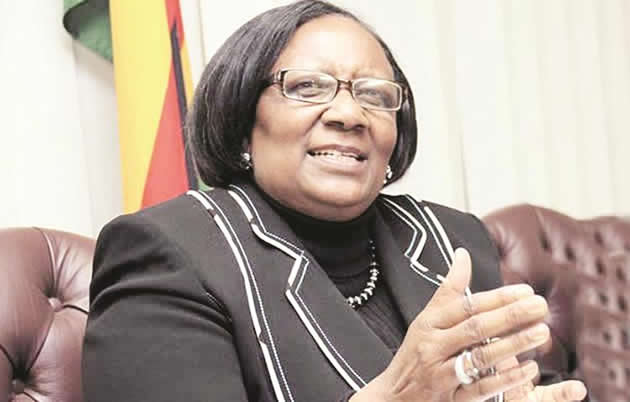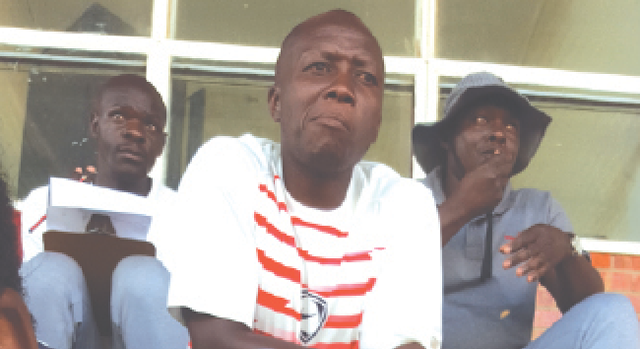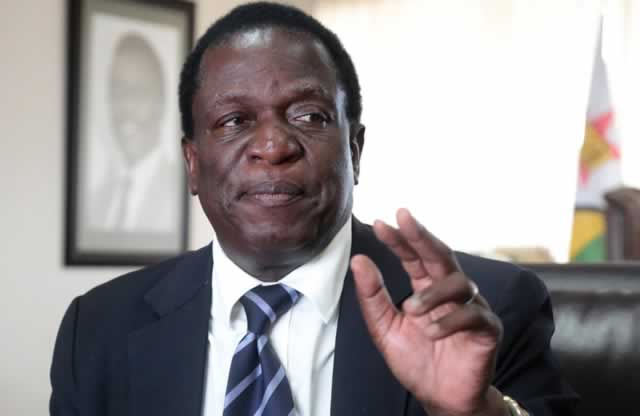Editorial Comment: Trade unions, govt must work together

Labour and the government have had a tenuous relationship since 1999 when the MDC rose from the Zimbabwe Congress of Trade Unions (ZCTU).
Morgan Tsvangirai, Gibson Sibanda, Thokozani Khupe and many other founding MDC leaders started mobilising while they were still in ZCTU. Tsvangirai was ZCTU secretary general while Sibanda was the president. Khupe served in the Zimbabwe Amalgamated Railway Union and in 1991 she was elected to the position of secretary for the ZCTU Women’s Advisory Council.
There is no denying that in its formative years, there was no difference between MDC and ZCTU structures. MDC structures were ZCTU structures, and vice versa. Their motivation was the same, to fight Zanu-PF and its government.
Although they had officially left trade unionism for fulltime politics, Tsvangirai and Sibanda still wielded influence on the labour federation, including orchestrating the rise of a successor regime with a political orientation as theirs.
ZCTU meetings became MDC rallies where anti-government and anti-Zanu-PF slogans were chanted. The ranks of workers split as well, as some remained affiliated to ZCTU while others joined the Zimbabwe Federation of Trade Unions which tended to side with the government.
Since there was no difference between MDC and ZCTU, the latter’s interaction with the government and the ruling party was poisoned. Mutual suspicion ruled between them and at the end of the day some genuine labour issues were clouded in that hostile environment. But as MDC split successively over personality clashes involving its leaders, so did the ZCTU. As MDC’s popularity waned amid successive electoral losses, so did ZCTU as workers saw that politics had taken over and more of them lost formal jobs and became informal businesspeople with no immediate interest in unionism.
ZCTU appear to have recognised their mistake of alienating the government and in the past two years or so, sought to re-engage.
Now, the government wants, from this year, to actually organise Workers’ Day celebrations, as Minister of Public Service, Labour and Social Welfare, Prisca Mupfumira said on Wednesday. Denouncing the politicisation of labour, Minister Mupfumira said the government wants to bring workers together and this year, Cabinet Ministers will participate in Workers’ Day commemorations on Sunday.
“The government wants the best for the workers and we are going back to the old days when the government used to organise Workers’ Day,” she said.
“We are going to have a big gathering for the workers and they will dominate the proceedings, presenting their grievances. We also want to see which sectors are not being paid and there will be Ministers listening to the challenges faced by the workers. We will give every union the platform. In short, the government is re-establishing links with the workers.”
Rufaro Stadium in Harare is the provisional venue of the event.
“We are in the process of finalising further labour reforms and I need them all and every worker is invited,” she said.
“Some people purporting to represent them are not talking to them and this is their chance to be heard. We want to celebrate the worker whom we are saying should find a voice.”
We commend Minister Mupfumira for leading the reengagement process. The government’s willingness to do that removes the hostility that had poisoned its relationship with labour, particularly that working under the ZCTU and put the interests of the worker first.
But we see that the labour unions’ response to her rapprochement as suggesting that the ZCTU-ZFTU dichotomy will persist for some time.
The former does not want the government to lead the process, but to only attend proceedings on invitation while the latter sees no problem with a State-led celebration.
ZFTU secretary general Kennias Shamuyarira said:
“It is something we are aware of,” he said. “We agreed . . . ,” but ZCTU secretary general Japhet Moyo said, “They (government) cannot be responsible for our own activity.”
We are fully for greater government involvement in matters to do with workers, including organising May Day events. Such collective effort is good for the worker.
However, we are unsure whether it is plausible for the government to actually organise the event and then invite labour unions to attend.
Workers’ Day is an occasion for the worker. Yes the government is a key player, so is the employer, but both must be involved in an assistive capacity, not to effectively take over.
We think it is very important for workers, through their trade unions, to lead the process; this accords them the space and a sense of purpose.
There was a time when the government played the leading role, as the minister states, but that was during the first days of post-independence unionism, as workers learnt the ropes of organising themselves. Now they have acquired the experience.








Comments